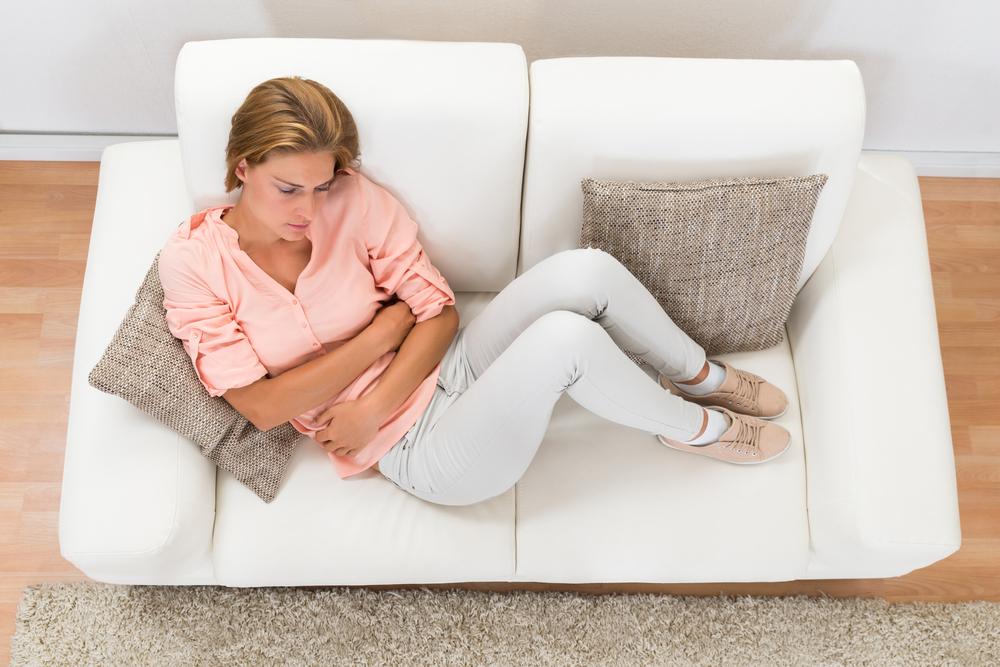4 Commonly Asked Questions About Chronic Constipation
Constipation causes you to have lesser bowel movements than normal and it is quite difficult to pass stools. The stools become hard and there is always the feeling of not having your bowels properly emptied out. Constipation is quite normal. This is because each person has different bowel movement routines. Some may have bowel movements three times a day, and some may have it a few times in a week. However, if you experience constipation continuously over time, you might be suffering from chronic constipation. This can be lead to other health complications. Read on to know more about the causes, symptoms, complications, and common treatments of chronic constipation.

What are the causes of chronic constipation?
- Many people experience chronic constipation when their diet is deficient in fiber. Fiber is essential in the body to regulate bowel movements. A lack of sufficient amount of fiber in the body leads to hardening of stools and constipation.
- Persistent gastrointestinal problems such as irritable bowel syndrome, celiac disease, obstructive tumors can also trigger chronic constipation.
- If you use laxatives or enemas frequently, you will be highly susceptible to chronic constipation. Other medications such as excessive use of antacids can also cause chronic constipation.
- Drastic changes in sleeping schedule or eating patterns can be the causes of chronic constipation.
Which are the common chronic constipation symptoms?
- One of the most common chronic constipation symptoms is passing fewer than three stools a week. The stools may be hard or lumpy or both.
- You may find it difficult to have bowel movements. You may feel that there is a blockage in your rectum that is preventing smooth bowel movements. You may feel that you are unable to completely empty the stool from your rectum. You may require to press your abdomen using your hands or use your finger to remove stool from the rectum.
- You may feel bloating or pain in your abdomen. Appetite may reduce significantly and you may feel full without eating complete meals.
- Another common symptom is feeling sluggish or lethargic for a prolonged period of time. You may also experience back pain since the hardened stools may strain the nerves of the lower back.
When should you go to the ER in case of constipation?
- If you experience crippling pain in your abdomen, it may indicate an obstruction in the bowels due to an excessive accumulation of hardened stools in the intestines or rectum. This is an emergency case that will require you to go to the ER immediately and get immediate constipation relief.
- Often constipation is accompanied by appendicitis. If not treated immediately, toxins from the burst appendix may enter the bloodstream which can be fatal.
- If constipation causes vomiting, it indicates that the colon is blocked and the stool can’t move forward in the bowels, and instead the waste moves forward, which causes vomiting. This requires immediate medical treatment.
- If your stool appears maroon and tarry, it indicates the presence of blood. Visit the ER in case this happens.
What are the common chronic constipation treatments?
- One of the most common chronic constipation treatments prescribed by doctors is the intake of laxatives. These include bulk-forming laxatives, that absorb fluids in the intestines, osmotic and saline laxatives that draw water into the stool and intestines, stool softeners, and lubricants that ease the movement of stools in the bowels. These medications should be strictly taken with a doctor’s prescription only.
- If chronic constipation is caused due to irritable bowel syndrome, doctors prescribe medicines that are composed of chloride channel activators or guanylate cyclase-C agonist.
- In case complications such as rectal prolapse occurs due to chronic constipation, doctors often recommend surgery. Rectal prolapse occurs when some part of the rectum sticks out of the anus. This is corrected with surgery.
Tags: chronic constipation symptoms, chronic constipation treatment, constipation relief

